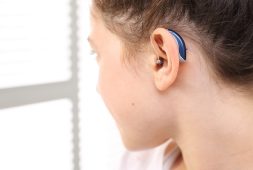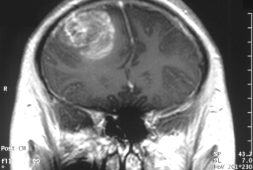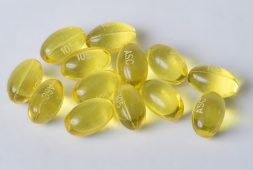8. Tire easily or feel tired all the time

If you frequently experience anxiety, you may recognize this emotional pattern: Something stresses you out, such as an exam, a bill, or a fight, and the anxiety begins. It grows and builds as the bodily symptoms — racing heart, quickening breath — worsen. And as soon as the stress is relieved, CRASH. You’re suddenly exhausted and want to fall into sleep straight now. Even when anxiety is low-grade or long-term, rather than peak-and-fall, it is frequently accompanied with a sense of tiredness. Is there a link between worry and fatigue? Here’s what research has to say about the relationship between the two. Anxiety is defined as a state of fear, dread, or anxiety. A stressful experience or the way you think about an incident might trigger it. Sometimes people experience anxiety even when there appears to be no external reason.
When you detect a threat, your hypothalamus, pituitary, and adrenal glands unleash a flood of hormones that prepare you to fight, escape, or freeze. You may have any or all of the following bodily symptoms in response: shivering, increased heart rate, chest discomfort, rapid, shallow breathing, dry mouth, muscular tension, dizziness, nausea, and diarrhea. Given the rush of hormones and the intensity of these sensations, it’s easy to understand why you’d be weary following an anxiety attack. You might be relieved, drained, or fatigued. A decent night’s sleep is usually enough to replenish your energy levels. However, the fatigued sensation does not always go away as soon as you would want. The phrase adrenal fatigue is occasionally used to describe a fatigued sensation caused by continuous stress and worry. Some suggest that the tension might wear out your adrenal glands (two tiny glands that create stress hormones). According to a 2016 review of 58 papers, there is no current data to substantiate the presence of adrenal exhaustion. That doesn’t imply your tiredness isn’t genuine. It merely signifies that your adrenal glands may not be drained.



